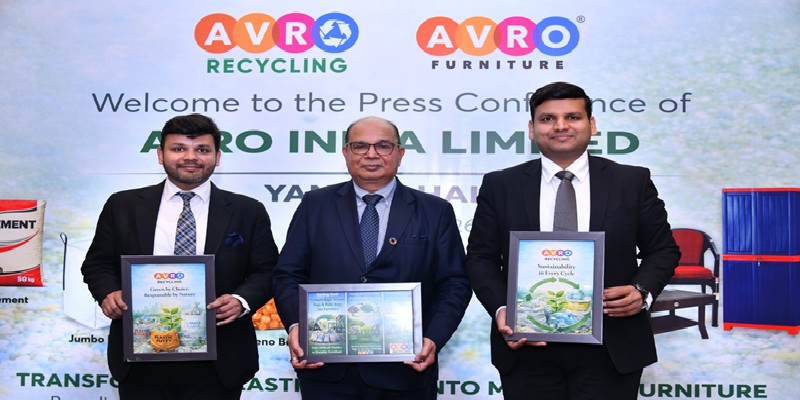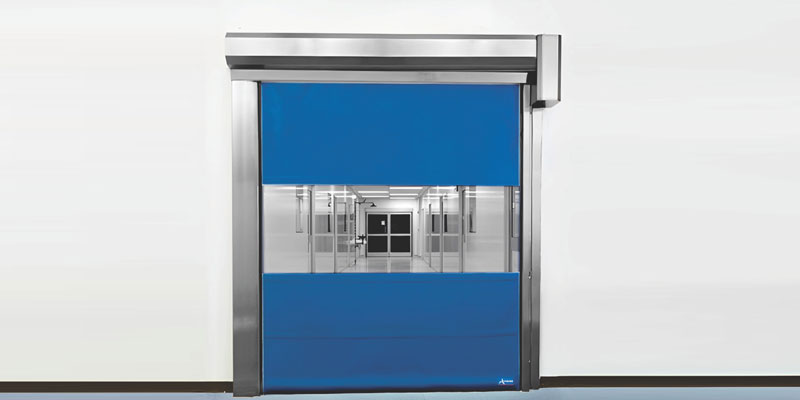Schedule a Call Back
Bureau of Indian Standards: A key compliance in the Indian market
 Articles
Articles- Nov 22,24

Related Stories

Avro India Launches Large-Scale Flexible Plastic Recycling Plant in Ghaziabad
Avro India Limited has commissioned a greenfield recycling facility in Ghaziabad to upcycle difficult-to-process plastic waste, strengthening India’s circular economy with large-scale, organised r..
Read more
Avians clean room doors for precision and sterility in research labs
Avians clean room doors help healthcare and research labs maintain sterility, efficiency and regulatory compliance.
Read more
Avro India Launches Large-scale Flexible Plastic Recycling Facility in Ghaziabad
Avro India Limited has commissioned a greenfield recycling facility in Ghaziabad to process difficult-to-recycle flexible plastics, strengthening India’s circular economy and EPR compliance ecosys..
Read more















